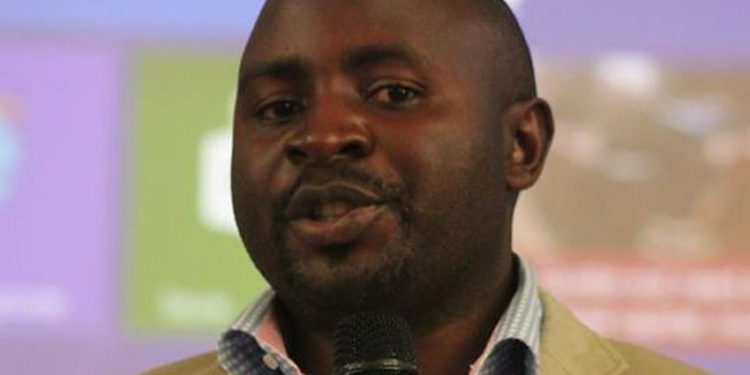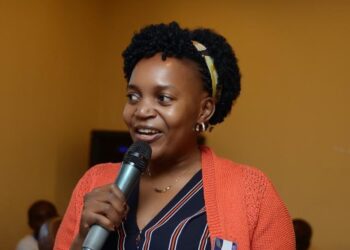Children. We usually make decisions for them. Their names, the schools they go to, which religion to or not follow. The clothes they wear, where they live, the food they eat and these days whose homes they can do a sleep over.
Sometimes the decisions we make haunt them for the rest of their lives. Other times, we make the best decisions for them and they live happily thereafter. One of the worst times for a parent or guardian is perhaps to regret some of the decisions that could have been made but were not.
On Sunday October 24, which was World Polio Day, I woke up early for a routine that involves walking around the neighbourhood and beyond. I saw somebody with a walking disability. I wondered whether the person had polio or the disability was a result of something else. I thought about their parents or guardians and if they were alive, what they would be thinking should the disability be a result of polio.
The person must have been born during the time polio vaccinations were being carried out in Uganda. But it all comes back to decisions we make for children.
Today, there are many people who are fearful of vaccines. There are hundreds of videos and write ups on social media about vaccines and how they are meant to eliminate people of certain races or simply how dangerous they are. Although this isn’t entirely new and people have been skeptical for a long time about vaccines, the availability of a device that can record and when connected to the internet can make everyone a publisher has made it easy for people to create content for all sorts of reasons.
Although the same device can enable one to find the counter arguments, it takes an enormous amount of time and other resources to erase vaccine fears in people’s minds. Many people won’t take Covid-19 vaccines. They also won’t take their children for vaccines including polio. But imagine if a parent doesn’t vaccinate their children and they suffer from polio! Would they be able to forgive themselves?
In Uganda and like in many parts of the world, Rotary has played a key role in the eradication of polio. Globally, polio has been eliminated by 99.9%. Rotary, the largest volunteer organization in the world, where I am a member, has been at it for decades. It is incredible how far we have moved in this fight but if we relax, polio would be back within no time. There are current efforts to immunize children who are under the age of five again to boost their immunity against this disease.
On the same Sunday that the world was marking the polio day, I caught a few highlights of Liverpool’s humiliation of Manchester United in the popular English Premier League. The match was at Old Trafford, a stadium with a capacity of 76,000 people. For the same fixture last year, there were no people in the stadium due to the Covid-19 pandemic.
What have the English done to have everyone back doing their thing like Covid-19 never happened? They have immunized their people. For us, we are still under a lockdown. The kids of the middle class are pretending to be studying on Zoom. Those of the poor are catching crickets and other things including avoidable diseases.
Concerts and performing arts that employ millions of people are still not allowed. Bars are closed. People who had moved themselves out of poverty two years ago are now back to where they were a few years ago.
Although adults have a choice in deciding which vaccines are administered, the children don’t have that privilege. They rely on decisions of others. The parents who are alive because they were vaccinated should do their offspring a favour and take them for immunization.
When people are sick, families spend a lot of money on treatment and lose many working hours in hospitals nursing their sick — hours they would have spent on generating income and creating generational wealth. Vaccines today in Uganda are largely free. What one needs is taking a child to a health centre. If some people wanted to kill Africans, they would easily do so without investing a lot of money in expensive vaccines. Just consider what you ate this morning, where did the ingredients come from?
The writer is a communication and visibility consultant. djjuuko@gmail.com
Do you have a story in your community or an opinion to share with us: Email us at editorial@watchdoguganda.com













